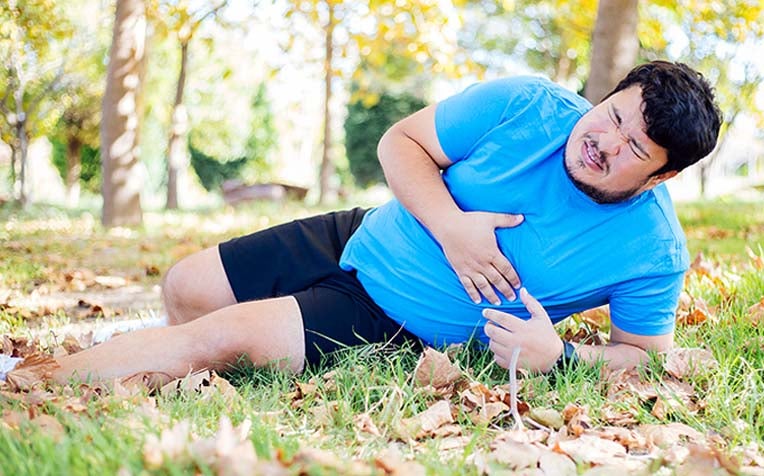
Symptoms of cardiac arrest may appear similar to a heart attack but both conditions are different.
“An estimated 1,000 Singaporeans die from sudden cardiac death (SCD) every year.”
This was shared by Clinical Associate Professor Ching Chi Keong, Senior Consultant from the Department of Cardiology and Director of Electrophysiology and Pacing at National Heart Centre Singapore (NHCS), a member of the SingHealth group.
Sudden death is usually caused by sudden cardiac arrest, which is a swift and unexpected loss of heart function. Sudden cardiac arrest (SCA) disrupts the normal pumping of blood throughout the body, and can lead to sudden cardiac death.
About half of these people are below the age of 60, according to a study carried out by NHCS in collaboration with the Health Sciences Authority. The study found that about 91 per cent of those who died from sudden cardiac death were males with a mean age of 46 ± 9 years.
Sudden cardiac arrest and heart attack: What is the difference?
“Sudden cardiac arrest is not the same as a heart attack. A heart attack happens because the heart’s blood supply is cut off, while sudden cardiac arrest is usually caused by electrical issues within the heart,” says Clin Assoc Prof Ching.
Sudden cardiac arrest is usually caused by an abnormality in the heart rhythm, known as arrhythmia.
Symptoms for cardiac arrest and heart attack also differ:
Cardiac arrest symptoms Sudden cardiac arrest often occurs without warning symptoms. A person with sudden cardiac arrest might lose consciousness, collapse suddenly and become pulseless. Shortlived warning symptoms can include:
| Heart attack symptoms A heart attack can trigger life-threatening arrhythmia, leading to sudden cardiac arrest. The symptoms of a heart attack are typically more pronounced. They include:
|
Risk factors for sudden cardiac arrest
Personal or family history of coronary artery disease, cardiac arrest, heart attack, heart rhythm disorders, congenital heart defects, poor heart function and heart failure
Recurrent chest pain or fainting spells during physical exertion
Smoking
High blood pressure (hypertension)
High cholesterol (hyperlipidaemia)
Obesity
Excessive alcohol consumption
“A typical patient of sudden cardiac arrest is likely to be male, more than 35 years old and has a family history of early heart attack,” says Clin Assoc Prof Ching.
Ref: R14
Check out other articles on heart health:
Sudden Cardiac Arrest: Early Symptoms, Treatment and Tips
How to Survive a Heart Attack When Alone
Sudden Chest Pains You Shouldn't Ignore
Heart Palpitations: When Are They Serious?
Contributed by















 Get it on Google Play
Get it on Google Play